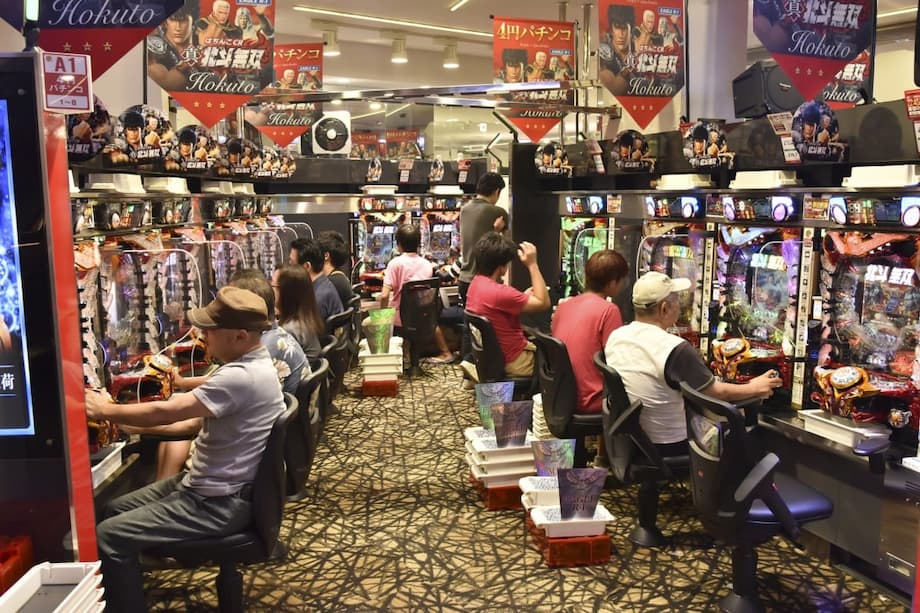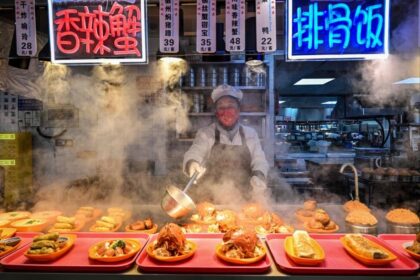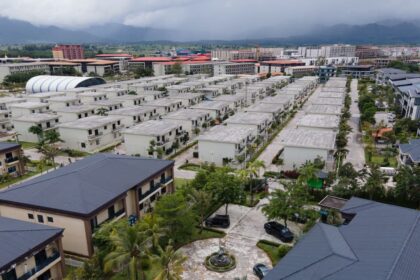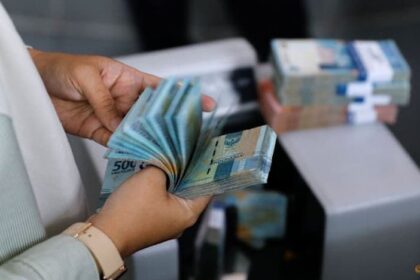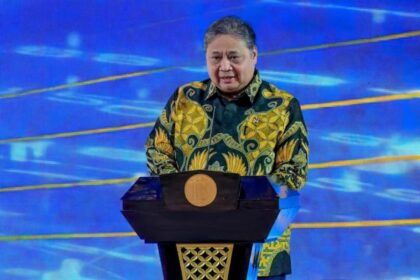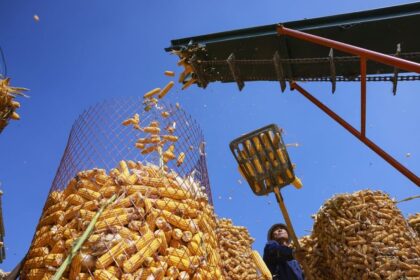Inside a widening case shaking Japan’s pachinko business
Japan’s pachinko industry is reeling after the arrest of six executives from Derupara Group, a Tokyo operator of gaming parlors, on suspicion of organizing vote buying in the July House of Councillors election. Police allege the company promised small cash rewards to employees who cast ballots for Yasuhisa Abe, an industry official running as a proportional representation candidate for the ruling Liberal Democratic Party (LDP). The case, which surfaced with arrests on August 26, has become a flashpoint for a sector that has struggled with declining customers, tighter rules, and financial pressure.
- Inside a widening case shaking Japan’s pachinko business
- What police say happened
- Who is Yasuhisa Abe and why the industry rallied behind him
- Why pachinko is under strain
- How Japan’s election rules draw a bright line
- Political fallout and industry response
- What prosecutors will try to prove
- How pachinko lobbying intersects with regulation
- At a Glance
Investigators say Derupara managers told staff they would receive 3,000 to 4,000 yen, roughly 20 to 27 dollars, if they supported Abe. Staff were allegedly instructed to provide proof of their vote, including by photographing voting slips inside polling booths, a step that violates rules designed to protect the secrecy of the ballot. Despite the push, Abe failed to secure a seat, receiving more than 88,000 votes and finishing outside the winning slate. The episode has renewed scrutiny of how the industry seeks political support, and of the line between advocacy and criminal conduct under Japan’s Public Offices Election Act.
What police say happened
According to reports carried by Japanese media and the Tokyo Metropolitan Police investigation, Derupara’s president, Lee Chang-beom, who also uses the name Masanori Yamamoto, was detained alongside five senior colleagues. Among them were sales chief Kazuyuki Yuasa and a management division head identified in reports as Konishi. Authorities are examining whether company leaders coordinated a nationwide effort by briefing parlor managers through online meetings and urging them to pass instructions to frontline staff.
The accused and their roles
Derupara operates dozens of parlors in Tokyo and other prefectures. TokyoReporter describes the company footprint as 31 venues across eight prefectures, including Kagoshima. Police believe the suspected offer reached at least 60 employees initially, and are checking evidence suggesting the outreach extended to more than 250 people in multiple regions. Investigators have not publicly confirmed whether the suspects admit wrongdoing. The Public Offices Election Act forbids offering money or valuables to influence a vote, and violations can bring criminal penalties.
How the alleged scheme targeted the ballot
Police sources say employees were told they could receive cash after presenting evidence that they voted for Abe on the LDP national list. Reports say staff were instructed to take photos inside the voting booth to demonstrate compliance, a direction that, if substantiated, would breach the prohibition on recording marked ballots. The alleged payments were small amounts, but the intent is what matters under the law. The case has also drawn attention because it involves internal coercion and workplace power dynamics rather than payments to the general public.
Who is Yasuhisa Abe and why the industry rallied behind him
Abe chairs a national association representing pachinko parlor operators. His candidacy offered a rare chance for the industry to send an advocate to the upper house through the LDP proportional list, where voters write a party or candidate name on the ballot and seats are allocated by vote totals. Supporters in the sector hoped that an elected Abe could push policies to ease regulatory pressure and revive business after years of contraction.
Despite more than 88,000 votes under his name, Abe finished 20th among 31 LDP list candidates and did not obtain a seat. The outcome shows the limits of industry mobilization in a national race where candidates compete against better known party figures, and where vote distribution within the list reflects both party strategy and voter recognition. The allegation that company managers tried to convert workplace influence into ballots adds another layer to that political calculation.
Why pachinko is under strain
Pachinko sits in a gray zone between entertainment and gambling. Players feed small steel balls into machines, win more balls through chance and skill, then exchange those balls for prizes. Prizes are often swapped for cash at a nearby shop, a three step process that keeps the activity outside Japan’s anti gambling statutes while still providing a cash equivalent reward. The system has been part of postwar leisure culture, employing hundreds of thousands and drawing millions of regular players at its peak.
Business conditions have deteriorated for years. Machine rules have tightened to address addiction and to limit extreme payouts. A public smoking ban and the pandemic battered foot traffic. Many operators invested heavily to replace older machines to comply with new standards, then watched casual customers shift to smartphones and other forms of entertainment. Thousands of parlors have closed over the past decade, and industry data show the number of regular players has slid sharply from earlier highs.
These trends have left many companies searching for relief. Sector leaders lobby the government and police regulators for changes that might expand permissible machine designs or relax certain constraints. That context helps explain why some in the industry saw an ally in Abe. It does not excuse breaking election law, if the allegations are proven in court.
How Japan’s election rules draw a bright line
Japan’s Public Offices Election Act is strict about money and campaigning. Offering cash or goods in exchange for a vote, or promising such benefits, is illegal whether the amount is large or small. The law is designed to protect the secrecy and freedom of the ballot. Photography or recording of a marked ballot in the voting booth is also prohibited, because it can be used to enforce vote buying or coercion by demanding proof of how a person voted.
In a proportional representation election for the upper house, each voter writes either the party name or a specific candidate on the party’s list. Parties then receive seats in proportion to their vote share, and those seats are assigned to individual candidates in order of the votes they receive. It is common for labor unions and trade groups to rally members behind a candidate tied to their sector. The line is crossed when inducements or threats are used.
Political fallout and industry response
The Liberal Democratic Party has not been accused of wrongdoing in this case, and there is no indication that Abe or party leaders knew of the alleged payments. The arrests still create pressure for the party to examine how organizational candidates are supported, and for industry groups to review their internal political activity. Authorities have said the investigation is ongoing and extends beyond Tokyo to prefectures where Derupara runs parlors.
Derupara has not issued a detailed public defense of the executives. Tokyo Metropolitan Police have not disclosed whether the suspects admit the allegations. The arrests underscore how vote buying cases can start with small sums that are easy to hide inside company operating budgets, then grow into multi prefecture probes once messages and instructions are traced. The company now faces legal risk and reputational damage at a moment when many operators are already under financial stress.
What prosecutors will try to prove
To secure convictions, prosecutors must show that the suspects promised or gave benefits to influence specific votes, and that these actions were intentional. Evidence could include meeting records, chat logs, screenshots, or testimony from employees who received instructions or payments. The alleged request for photos inside voting booths, if confirmed, would indicate an effort to verify individual ballots, a factor courts view as aggravating because it corrodes the principle of a secret vote.
Legal outcomes in election cases vary. Individuals who offer money can receive prison terms or fines and loss of civil rights for a period. Companies can face raids, seizures, and scrutiny from regulators who license and oversee their businesses. The case also could prompt calls for stricter internal compliance programs among pachinko chains, with clear directives that political support from employees must be voluntary and free of reward or pressure.
How pachinko lobbying intersects with regulation
The pachinko business is regulated under laws that govern entertainment businesses, with the National Police Agency and local public safety commissions playing central roles. Machine performance, payout volatility, and operating hours are all shaped by administrative guidance. This framework has long encouraged quiet, technical lobbying rather than overt political confrontation. Securing a knowledgeable voice in parliament is attractive to operators who want to shape the details of machine rules or slow new restrictions.
Integrated resort casino projects, approved under a separate law, have drawn attention and political energy in recent years. Some in the pachinko sector fear losing customers to new casino resorts, while also facing tighter anti addiction measures that hit their core model. In that climate, a sympathetic lawmaker could help the industry adapt. The Derupara case shows the risk when a desire for influence crosses legal boundaries into coercion and cash rewards tied to individual ballots.
At a Glance
- Six Derupara Group executives were arrested on Aug. 26 on suspicion of orchestrating vote buying.
- Police say employees were offered 3,000 to 4,000 yen for voting for LDP candidate Yasuhisa Abe.
- Reports say staff were told to photograph their votes in booths, breaching secrecy rules.
- Abe, an industry association chair, received more than 88,000 votes but did not win a seat.
- Investigators are probing whether the suspected offer reached more than 250 employees nationwide.
- The pachinko sector faces declining customers, tighter rules, and many parlor closures.
- Election law bans offering money for votes and prohibits recording marked ballots.
- The case has sparked debate over industry lobbying and internal compliance.


